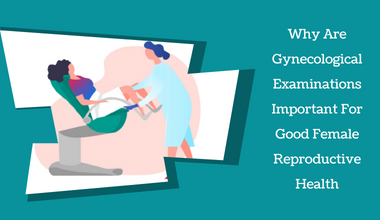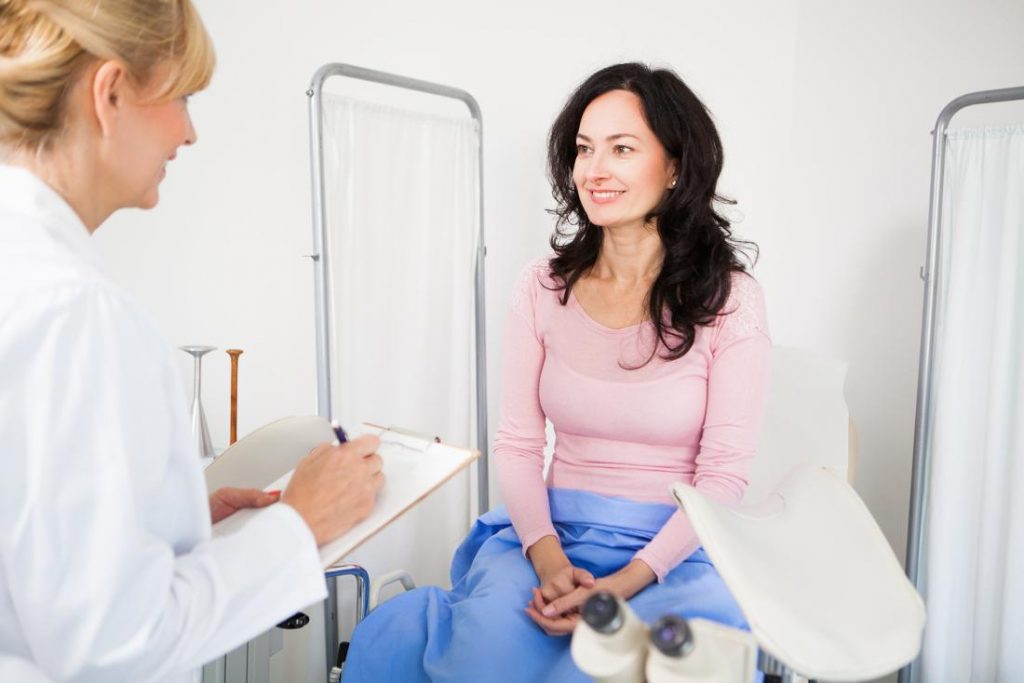A yearly well-woman check can seem inconvenient, especially if you are in good health and have no specific concerns about your pelvic health. On the other hand, these Annual Gynecological examinations are crucial in giving the Gynecologist’s a baseline awareness of your health and in screening for gynecological disorders that may not show symptoms until concerns arise. Early warning symptoms of highly serious disorders, such as cancer or sexually transmitted diseases, can be detected by gynecology exams, which can alert you and your doctor. A well-woman exam should be a non-negotiable aspect of your annual preventative care. Here is why it is so crucial.
When should you begin your Gynecological examination?
According to several physicians, annual gynecological checkups should begin around the age of 15. When a patient is so young, a pelvic exam is unnecessary unless there is already evidence of an issue. Still, it will allow the patient to ask vital and valuable questions regarding their growth and menstrual cycle. Today, if a woman is in good health and has not had any negative pap smear results, she can go three years without having another one. That does not mean she won’t have to go through her annual gynecological exam. In order to identify any abnormalities or regions of concern, a pelvic exam is still required.
It provides essential facts about your reproductive and gynecological health:
- A pelvic exam and a Pap smear are usually part of a well-woman exam. During the pelvic exam, your provider will look for anomalies that could indicate a sexually transmitted disease, an infection in the making, or a structural issue.
- This examination ensures that organs such as your vagina, vulva, cervix, and uterus are in good working order.
- The best gynecologist will normally do a Pap smear during this pelvic check. Your gynecologist takes cells from your cervix using a swab and sends them to a lab to check for any anomalies that could indicate cervical cancer.
- An abnormal Pap smear is not a cancer diagnosis, but it does indicate that you should get more testing to rule out a serious condition. Because of increased Pap smear tests, the incidence of cervical cancer, including death rates, has decreased by more than half in the last 50 years.
- A clinical breast exam will be performed, during which your provider will feel your breasts for any lumps or abnormalities.
- Make sure you obtain your annual mammogram during your annual well-woman exam. Unless you have an experience or a family history of the disease, this imaging test is normally suggested for women 40.
Maintain a record of your medical history:
Visiting the doctor for an annual exam allows them to know you better. They collect information that may seem personal during your yearly well-woman exam, but it helps them assess your risk for certain diseases. This information can also assist them in determining whether you require further testing as a result of your family history or personal medical history. This means gynecologists can spot changes in your health that could impact your reproductive and sexual health in the long run.
You may want to ask for the following information during your Gynecological Examinations :
- Your menstrual cycle history, as well as any health issues that run in your family
- Sexual health and relationships
- Current medication and supplement usage
- Anxiety and depression have been a part of your mental health history.
- Alcohol and cigarette usage are examples of substance abuse.
Your doctor will also inquire about any present symptoms you are having, such as nipple discharge, pelvic pain, or pain while urinating. Even if the symptoms are minor, they may suggest a problem that requires evaluation and treatment.
You can obtain the information and response you need:
At your annual wellness visit, you can ask questions about your gynecological and reproductive health. Your inquiries evolve as you progress through life, and they may include topics such as birth control.
- Screening for cancer
- Infertility
- Obstetrics
- Abdominal and vaginal surgery
Your good gynecologist also considers your entire wellness. They check your blood pressure and your bone density as you become older to see if you have high blood pressure or osteoporosis.
Final Thoughts:
Finally, Maintaining your gynecologic and general health and well-being requires an annual gynecological examinations before you have an issue. Make an appointment with your top gynecologist at Candor IVF Center by visiting https://candorivf.com/ to begin your journey toward lifetime health.









